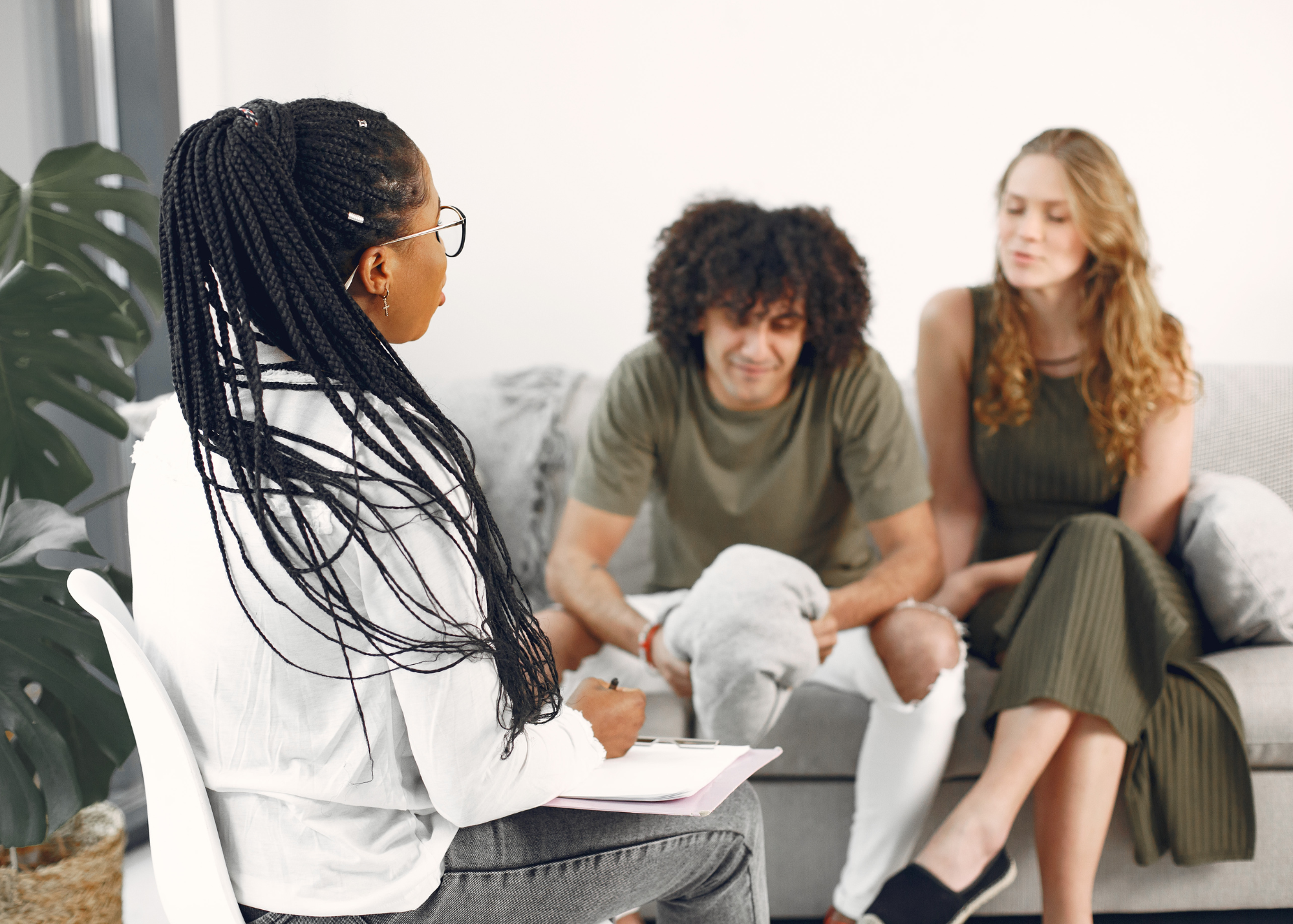
Considering Couple Counseling? Consider These Things:
In a previous blog, I made the case that couple conflict is a natural and inevitable part of marriage and reaching out for professional help is a smart and courageous move. In this blog, let me share some research and perspectives that support the effectiveness of couple counseling.
Well-trained couple counselors have skills that can help us get healthier in our marriages. Good research documents that couples who are experiencing low relationship satisfaction at the start of counseling usually see an increase in their satisfaction over time, especially if they stick with the counseling for more than just a session or two. This is beneficial to know because it provides hope to couples who may be feeling hopeless about fixing their relationship. Also, in a BYU study with a nationally representative sample of young married couples, more than 70% who participated in counseling reported that it was either helpful or very helpful.
By the way, it’s not uncommon to experience positive change after counseling but then to encounter some relapses. Many couples benefit from going back to counseling for a few more sessions to help with these relapses. Don’t think of it as failure; think of it as a needed booster shot.
Finding the right therapist for you may require some searching. (And it’s okay to tell a therapist that you don’t think they are the right match for you and you want to try someone else.) It’s not a given that your counselor will be aligned with your goals and values. When couples are transparent with therapists about their expectations and goals for therapy, as well as their core values regarding marriage, therapists are able to take a more collaborative approach because they understand what the couple is trying to gain. This understanding for both counselors and couples is crucial for real progress to be made. If you would like a deeper dive into how to find the right therapist for you, here is a free resource on the Utah Marriage Commission website (see chapter 3, p. 88-94, of this guidebook).
The type or model of counseling offered is an important consideration too. In two comprehensive reviews of research on different types of counseling, most types helped significantly, but cognitive-behavioral methods of therapy seem to have the best outcomes long-term. Although there is no single “right” model for therapists to use in their work, researchers find the strongest evidence for Cognitive Behavioral Therapy (CBT), which focuses on changing mental processes as well as behaviors in the relationship. Also, Emotionally Focused Therapy (EFT) has become more common, and research suggests that 70% of couples treated using this approach report to be “symptom free” at the end of counseling sessions. EFT has become a popular counseling choice recently. Overall, established therapy models like these have shown the ability to decrease relationship distress. You can talk to your counselor about which type or model of therapy they like to use most. (Some employ multiple methods.)
Most people who invest in couples counseling are glad they did. Asking for help isn’t a sign of weakness. It shows how smart you are and how committed you are to your marriage.
Of course, not everyone benefits from couple counseling, for various reasons. One of the biggest reasons counseling doesn’t work well is because couples wait too long – sometimes years – before seeking help. By then, their problems are engrained in their relationship and hopelessness has set in. Mentally and emotionally, they may have already checked out. So, don’t wait; do it now.
Here are some more resources to check out from the Utah Marriage Commission to strengthen your relationship:
- https://extension.usu.edu/strongermarriage/blog/the-easiest-way-to-improve-your-relationship
- https://extension.usu.edu/strongermarriage/blog/understanding-misunderstanding
- https://extension.usu.edu/strongermarriage/blog/standing-in-love-so-you-cant-fall-out
Related Content:
How to Conquer Addiction and Shame In Marriage

